Alumni News 02-2020
Our Headlines
Second place in Germany
Ulm University shines in THE 'Golden Age' Ranking
Ulm University scores excellently in the Times Higher Education (THE) Ranking. Over the past two years, the University has repeatedly improved its position in the ranking of 'Golden Age' universities: it is now the second-best university in Germany in this age group, right after the Freie Universität Berlin. Worldwide, Ulm University achieved an outstanding 14th place. The Golden Age Ranking assesses universities worldwide that are older than 50 and under 80 years. Ulm University did particularly well in the category 'scientific influence' (citation index) with 94.9 out of 100 possible points, and with 75.7 out of 100 possible points in the area 'knowledge transfer' (industry income).
more...
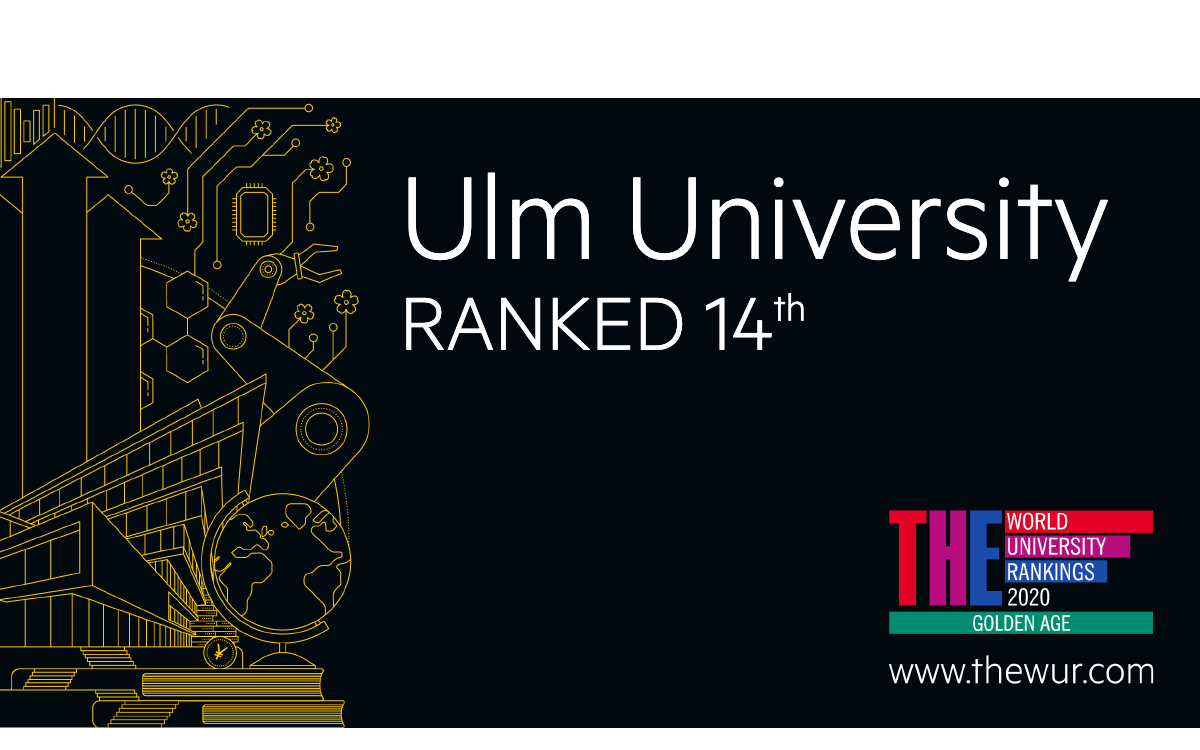
Ulm University offers excellent education for up-and-coming auditors
manager magazine ranks Ulm at 6th place among academic institutions
More than 50 auditing companies have selected Ulm University as the top university in the field of auditing. This was the result of a survey conducted by manager magazin in cooperation with the Academic Association for Management and Consulting (WGMB – Wissenschaftliche Gesellschaft für Management und Beratung). The surveyed auditors rated the quality of education at Ulm University in this field as “very good”.
more...
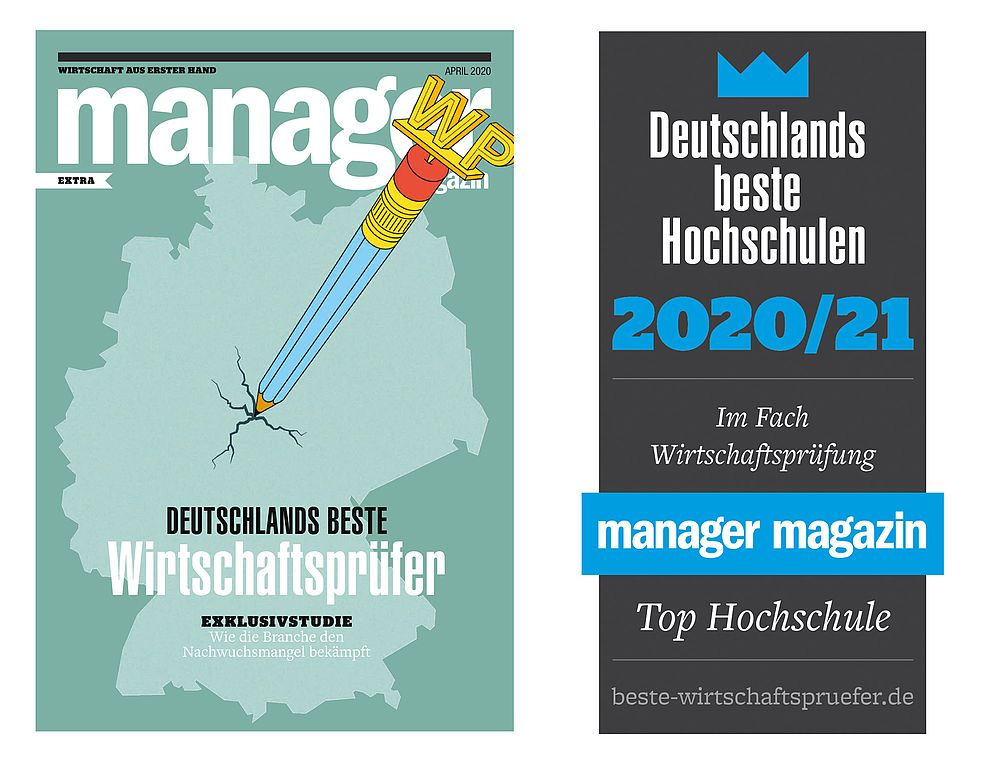
Understanding the new coronavirus
Research projects on the characteristics and spread of SARS-CoV-2
With two new research projects, the Institute of Molecular Virology at Ulm University's Medical Centre contributes to a deeper understanding of the characteristics and spread of the novel coronavirus (SARS-CoV-2). Following the funding call of the Federal Ministry of Education and Research (BMBF) for research on COVID-19 in the wake of the SARS CoV 2 outbreak, institute director Professor Frank Kirchhoff and Dr. Daniel Sauter have acquired over 900,000 euros in funding.
more...
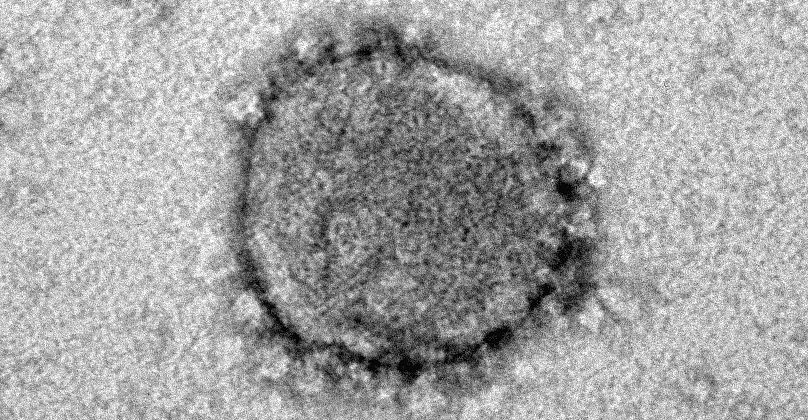
Evolutionary ecologist Prof Simone Sommer on the novel coronavirus:
environmental destruction and human behaviour promote zoonotic diseases
For weeks now, the corona pandemic has had the world holding its breath. It is believed that the potentially life-threatening virus was transmitted from animals to humans at a fish market in the Chinese city of Wuhan. Simone Sommer, a professor at Ulm University, is an expert on this kind of disease, known as “zoonoses” in her field. In an interview, the director of the Institute of Evolutionary Ecology and Conservation Genomics explains what needs to happen in order for pathogens to cross the species barrier and addresses the roles of environmental destruction and wild animal consumption.
more...
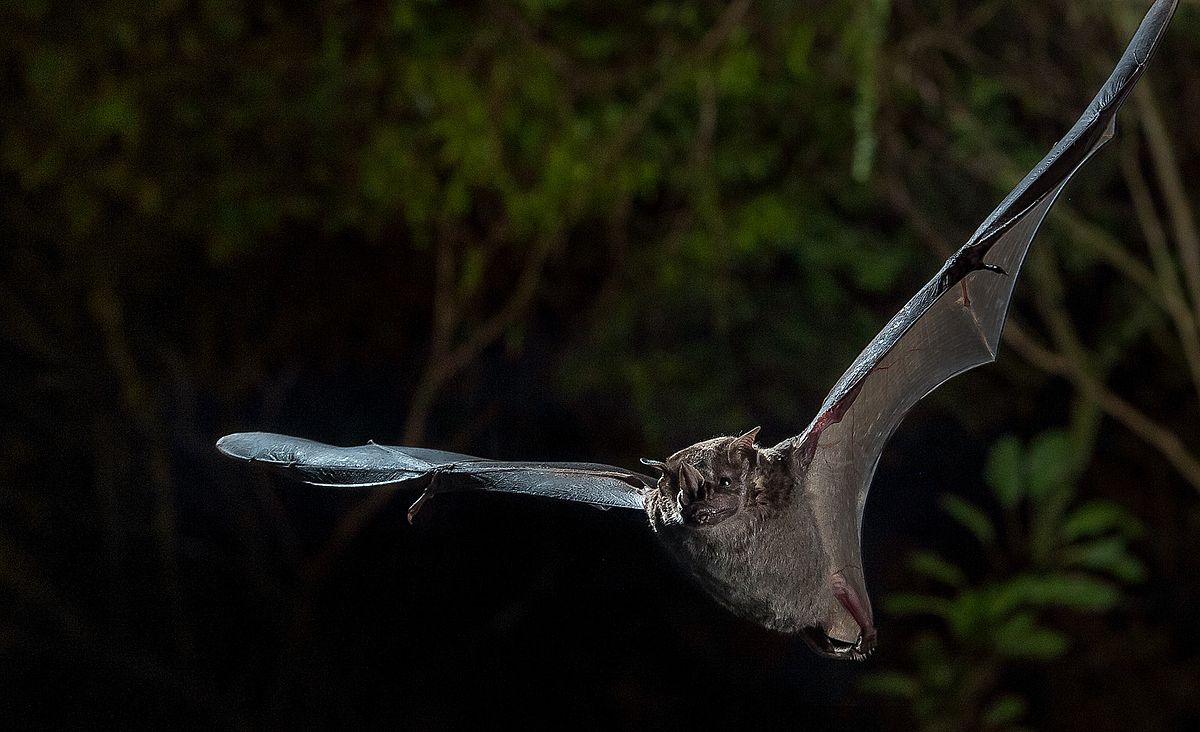
Focus Research
Artificial antibodies use a viral footprint
Researchers show how viruses bind to synthetic receptor polymers
Viruses are typically detected with the help of specific biological antibodies. However, it is now also possible to produce synthetic receptor materials that can selectively bind viruses. For this process, a “chemical imprint” of the virus is created on the surface of polymer particles, which enables exclusive binding of a particular pathogen. Using super-resolution microscopy, a research team from Ulm has now successfully demonstrated, for the first time, how viruses dock on these molecularly imprinted receptor polymers. These highly selective artificial antibodies could potentially be useful for diagnostic identification of the novel coronavirus (SARS-CoV-2).
more...
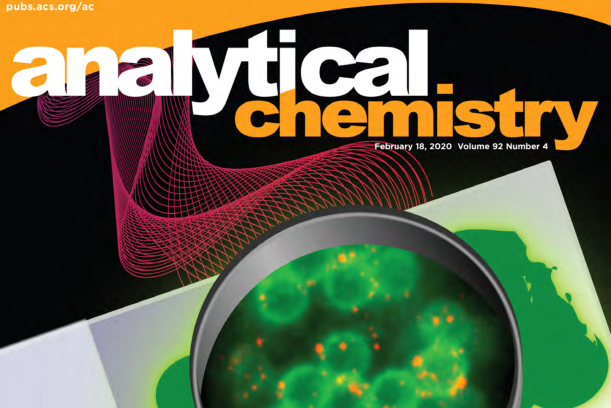
SOPHIA to combat obesity
16 million euros in funding for EU project
Around 150 million Europeans are affected by obesity (adiposity). People affected by obesity often suffer not only from excess weight, but also from various related diseases. Researchers working on the recently launched project SOPHIA are now investigating the risk factors that promote overweight and associated complications as well as which treatments various patients groups respond to. Equipped with 16 million euros in funding, a group of 29 academic and industrial partners from primarily European countries are joining forces and pooling their expertise. In Germany, Ulm University is contributing a large diabetes and adiposity registry. The Central Institute of Biomedical Engineering (ZIBMT), which belongs to the Ulm Institute of Epidemiology and Medical Biometry, is responsible for coordinating the registry.
more...
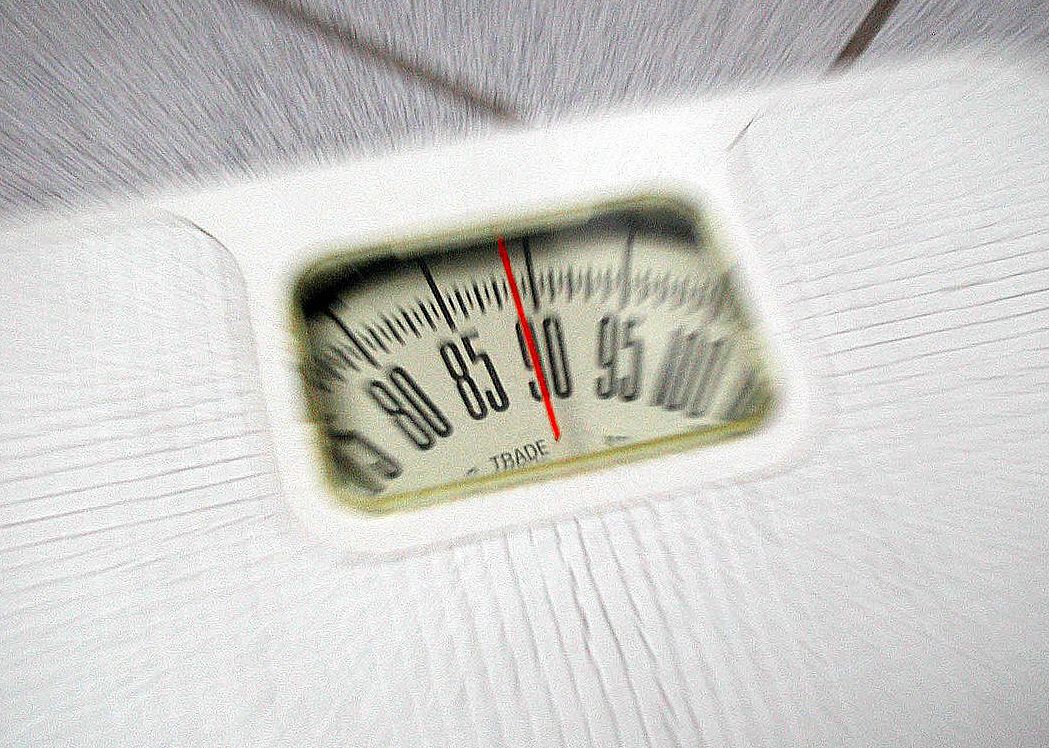
Cellular protein shredders for the fight against cancer
Study about how a cellular mechanism can be used for other purposes
An international team of researchers led by the Universities of Bonn and Ulm has investigated how a cell’s own "protein shredder" can be specifically programmed to fight cancer. The researchers were able to demonstrate the degradation of proteins that are overly active in breast cancer, for example. The results were published in the renowned journal "Chemical Science".
more...
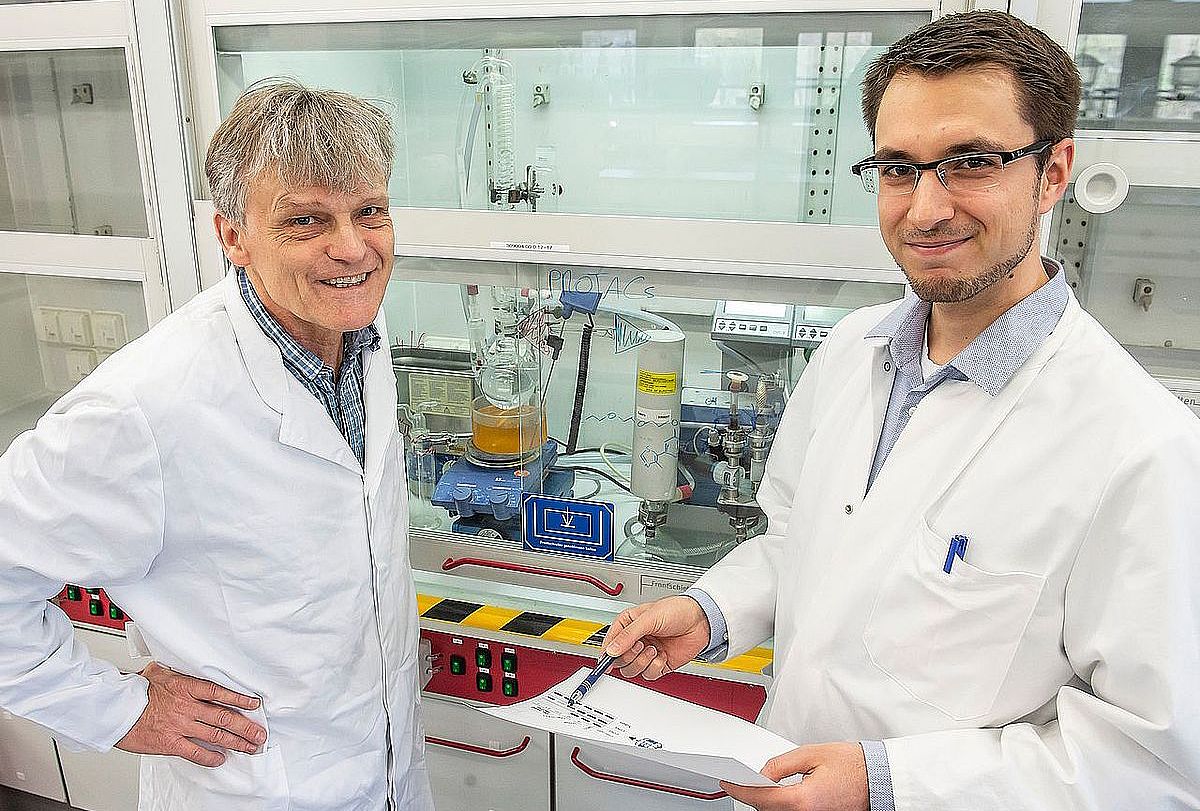
Statewide alliance of top researchers
Six million euros for quantum technology network
Quantum technology is one of the most crucial key technologies of the 21st century. Leading research facilities and institutes have now joined together to form a statewide network in order to improve Baden-Württemberg’s strategic position as a leading region for research in this future-oriented field. The aim of the “Quantum Technology – Baden-Württemberg” (QTBW) network is to increase the state of Baden-Württemberg’s visiblity in international competition. The Baden-Württemberg Foundation is providing five million euros in funding for cross-location research projects within the network. QTBW is receiving an additional one million euros from the Baden-Württemberg Ministry of Science, Research and the Arts (Ministerium für Wissenschaft und Kunst, MWK) to finance their activities. The network partners include seven state universities as well as one Fraunhofer Institute and one Max Planck Institute.
more...
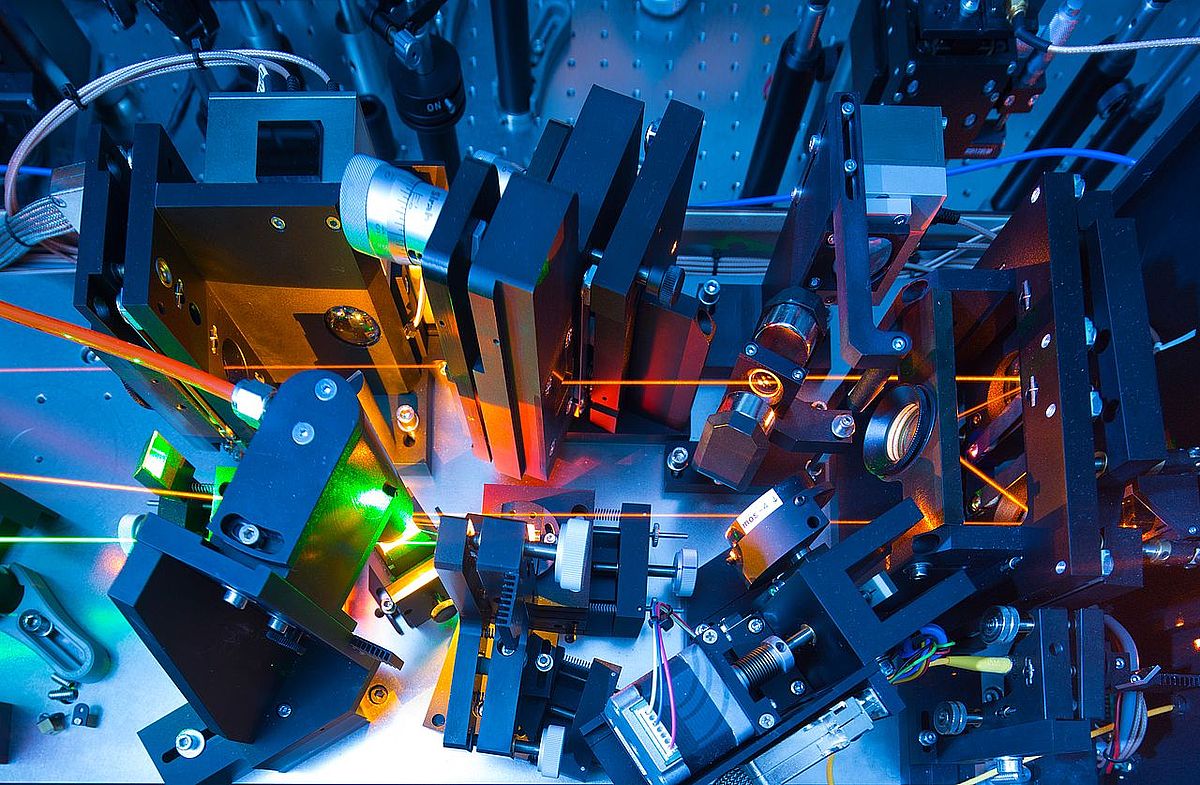
Studies and Teaching
“Shape Your Own Ageing Process ”
Brochure to be presented on YouTube
On Thursday, 25 June at 3:00 pm, the Ulm network “Social Inclusion and Education in Old Age” was presenting its new brochure online. The 55-page informational booklet entitled “Shape Your Own Ageing Process”, which contains a wide range of offers for senior citizens in the areas of education and inclusion, was originally scheduled to be presented to the public in the Ulm city centre in mid-March. This event had to be cancelled, however, due to the corona pandemic. Now we are making up for the skipped presentation in digital form, on the YouTube channel of the Centre for General Scientific Continuing Education (das Zentrum für Allgemeine Wissenschaftliche Weiterbildung, ZAWiW) at Ulm University. During the interactive event, which is scheduled to last 45 minutes, both local citizens and media representatives had the opportunity to pose their questions. Iris Mann, Ulm’s mayor for culture, education and social affairs, were also be participating.
more...
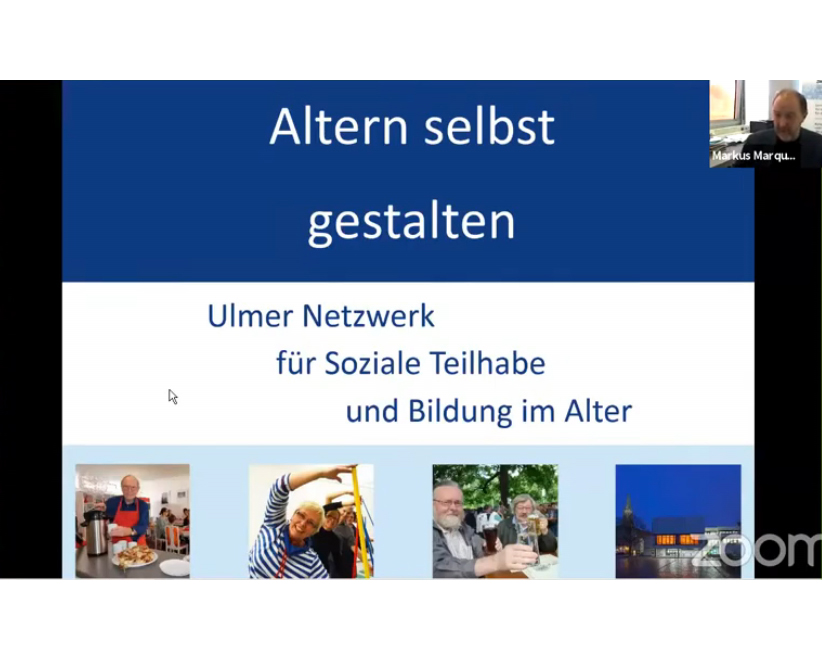
Independent learning during the school closures:
new online course entitled “How to Be a Successful Learner”
Due to corona-related school closures, many children and adolescents currently have to work through their school material on their own. Without any guidance from teachers, they organise their daily learning routine at their own desk by themselves, which can easily lead them to feel overwhelmed and result in concentration difficulties. Ulm University is now offering a new online course to assist schoolchildren, from the 5th grade on, in becoming successful learners. The offer is free of charge and has been developed by experts from the Department of Learning and Instruction.
more...
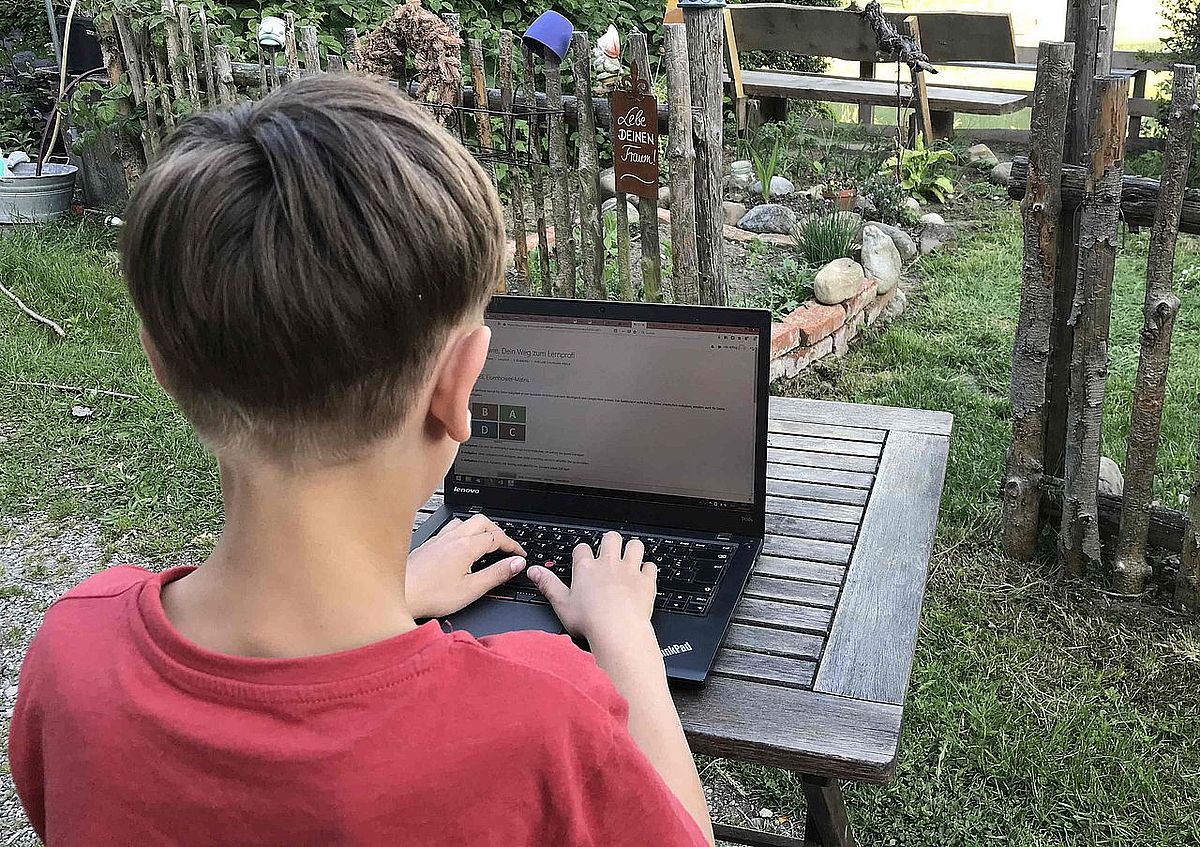
Honours and Awards
The following honours and awards have been presented to researchers, instructors and students at Ulm University over the course of the past few months. The information below is presented in German only:
- Unterstützung auf dem langen Weg zur Professorin - Drei Margarethe von Wrangell-Stipendien für Ulmer Forscherinnen
- Kavli-Preis für Nanoscience - 1 Mio. Dollar für Wegbereiter der Elektronenmikroskopie
